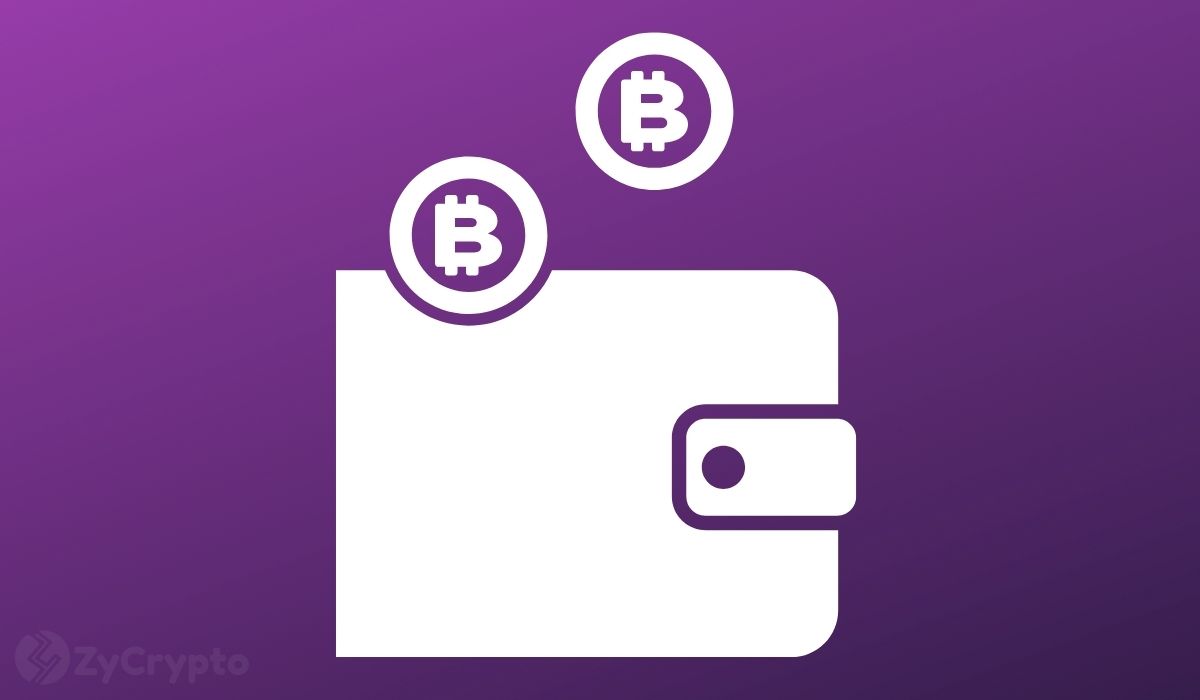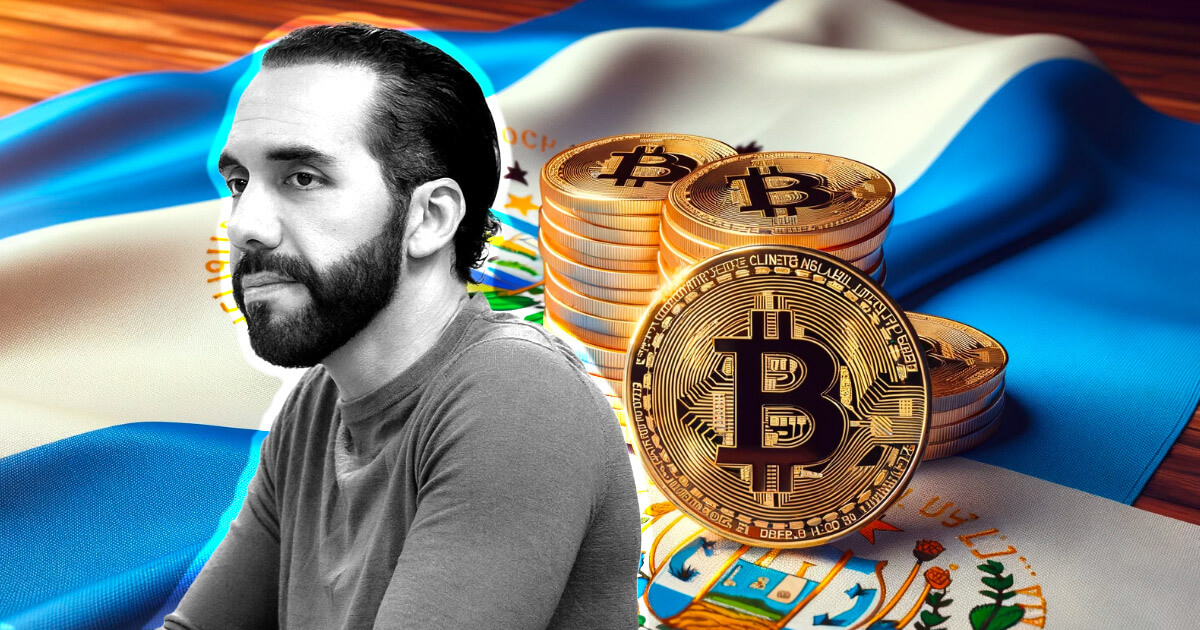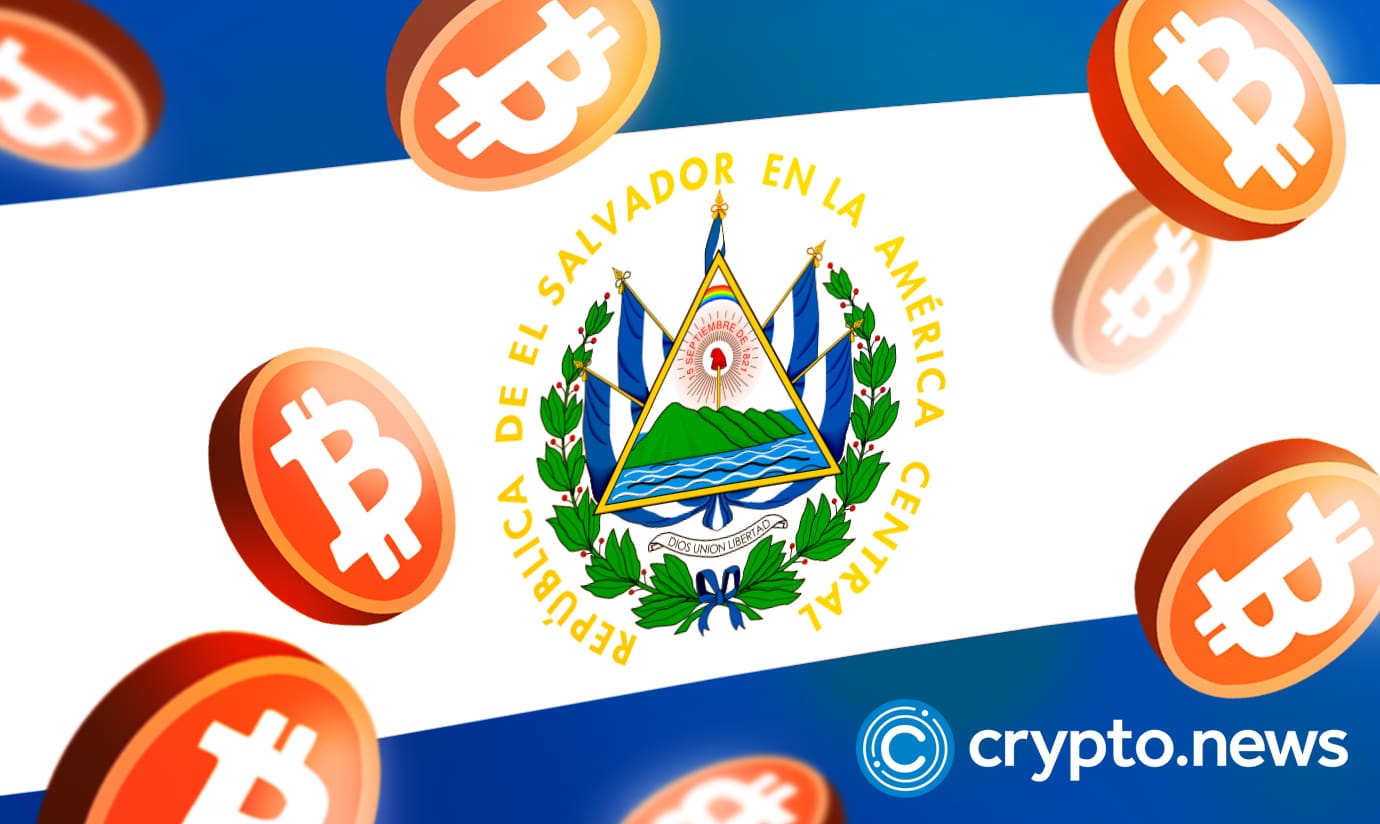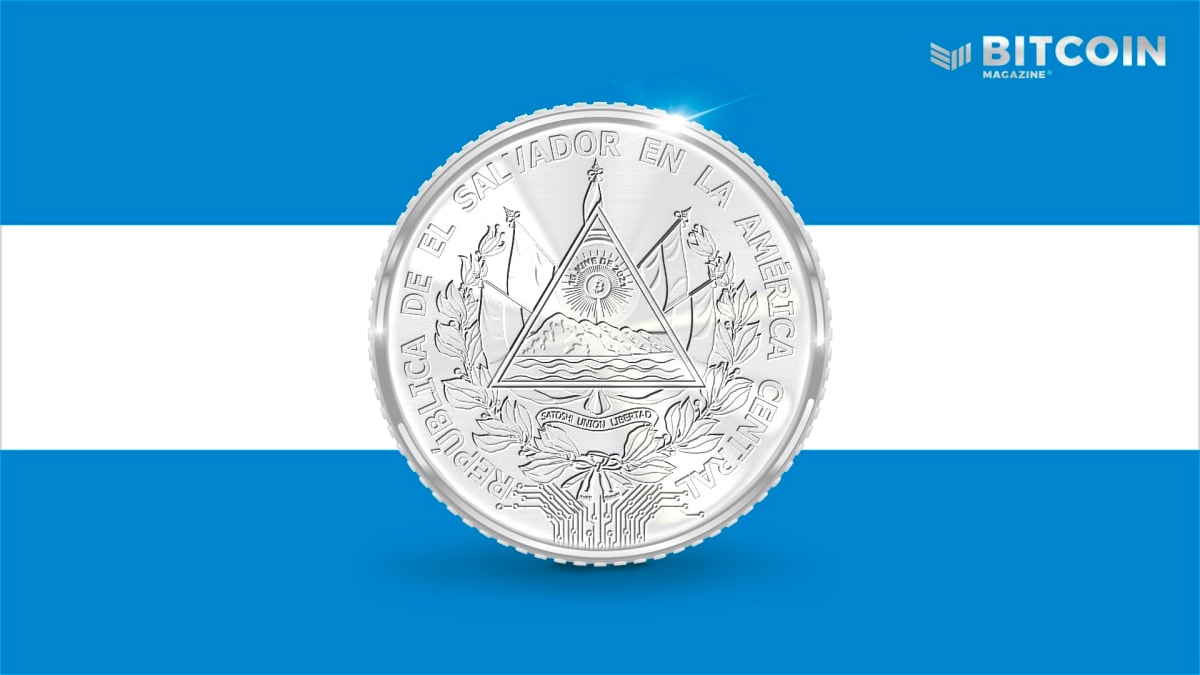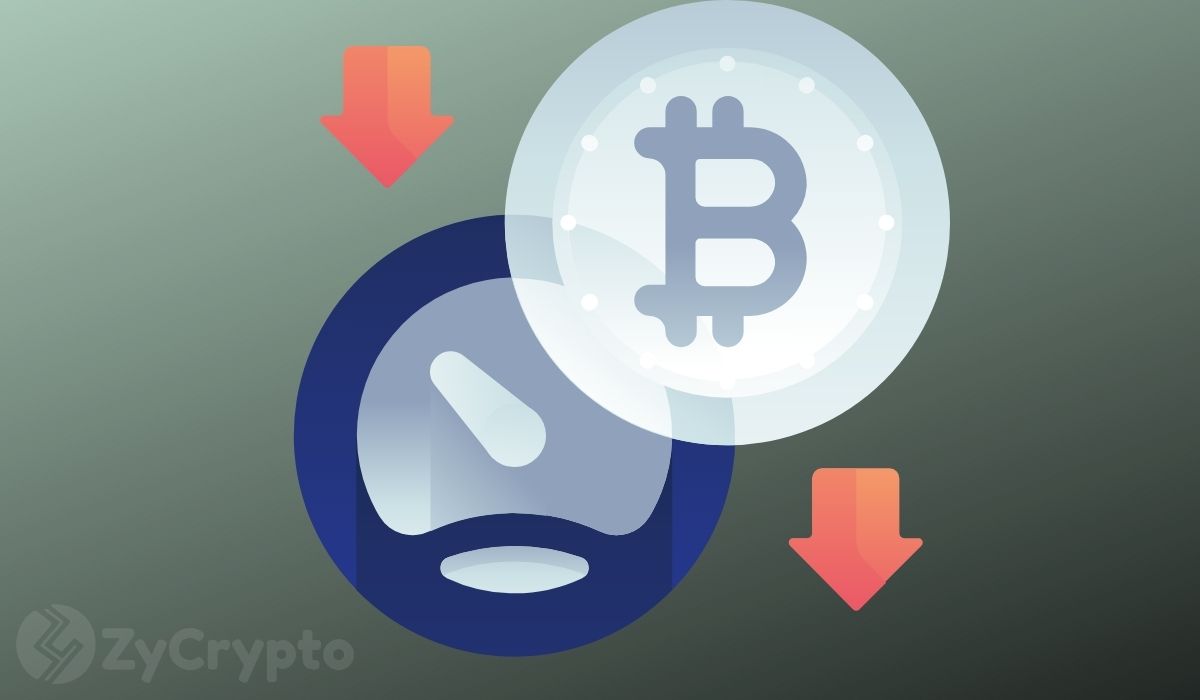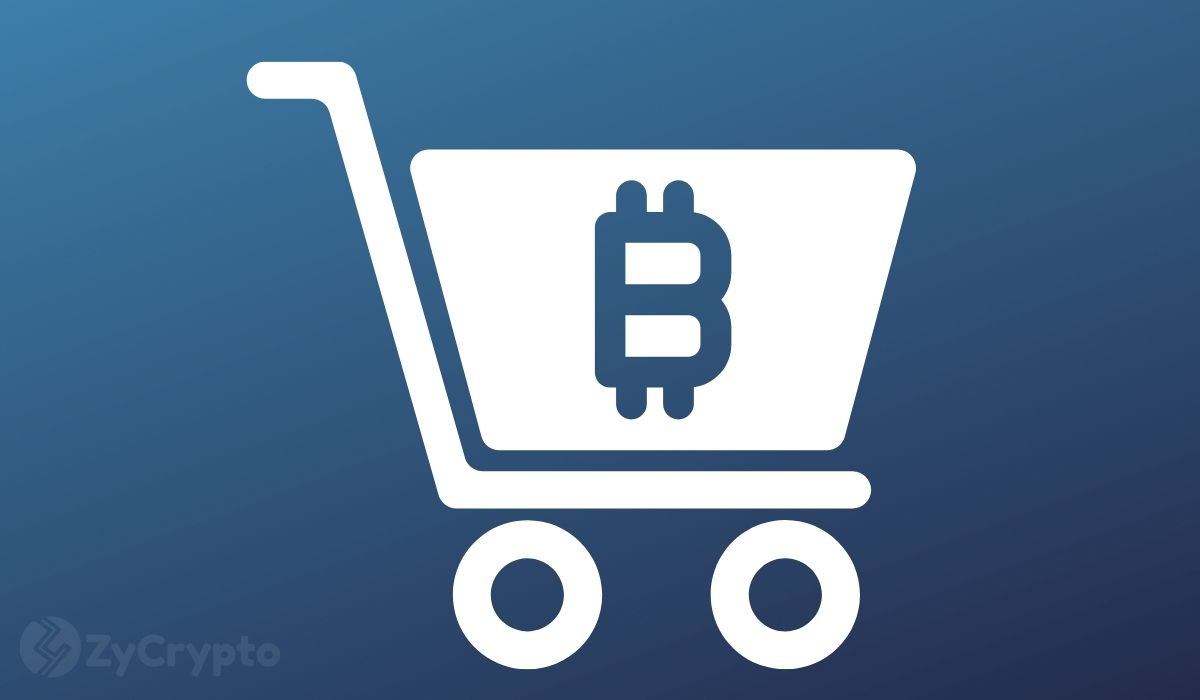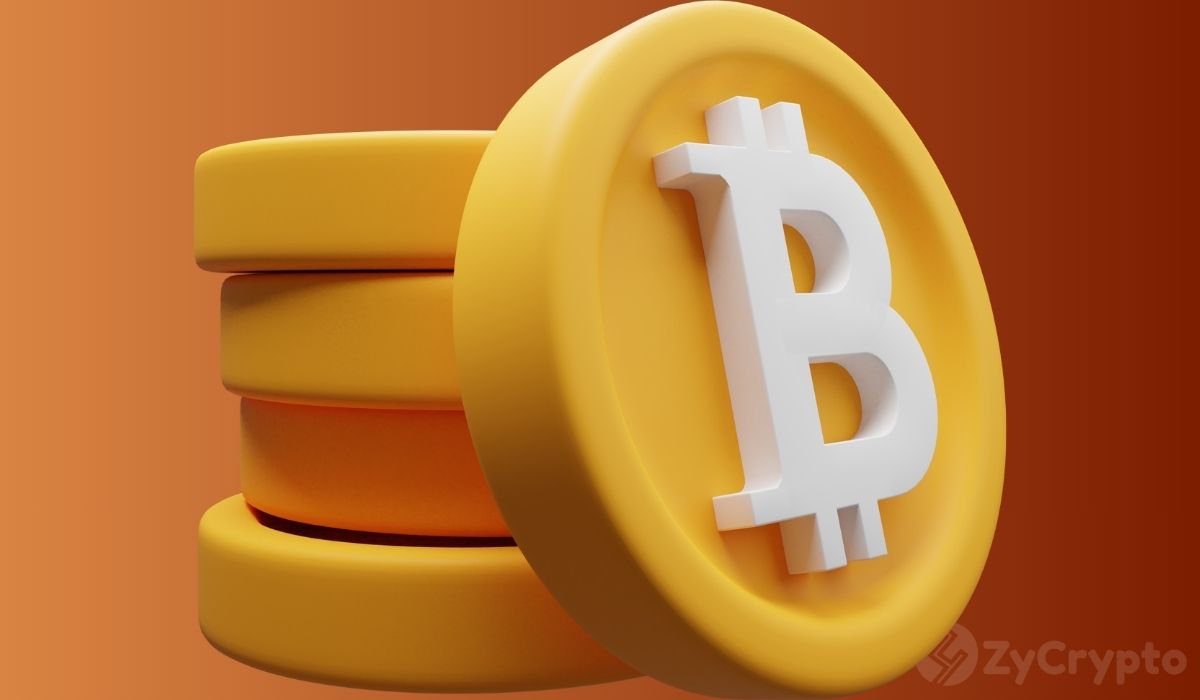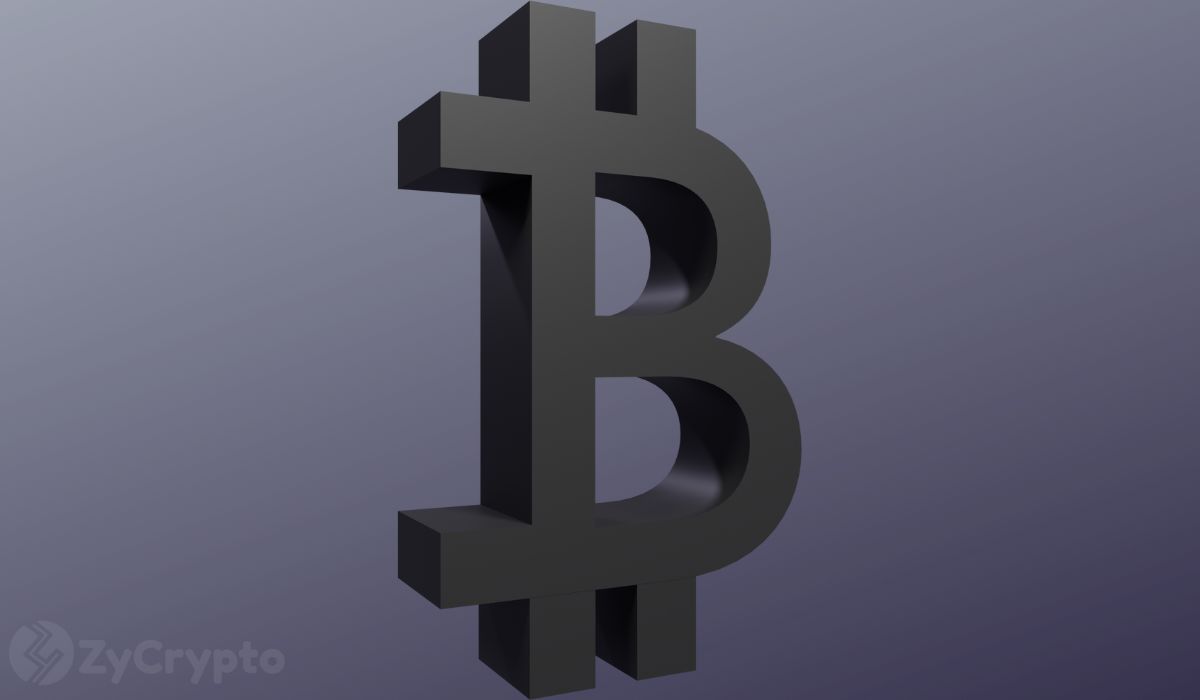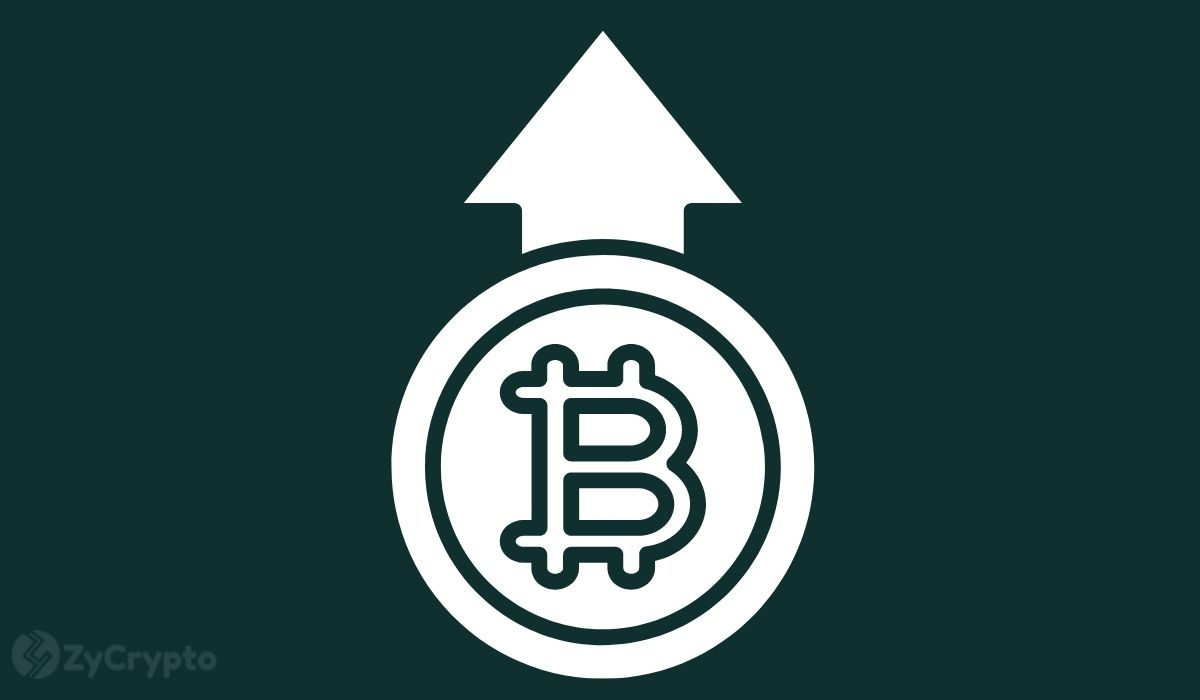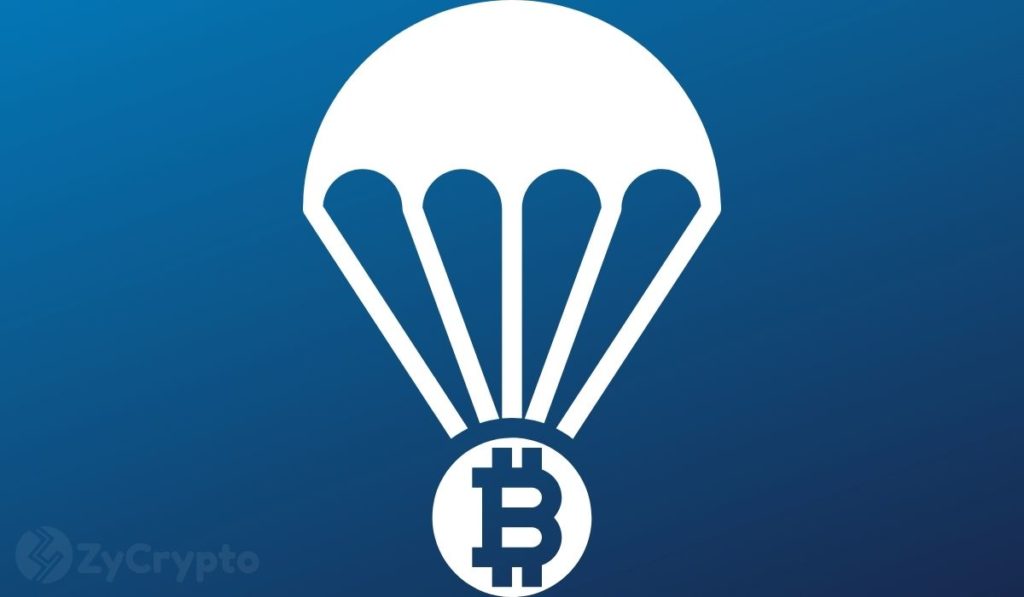
2021-6-30 22:20 |
The adoption of Bitcoin as a legal tender in El Salvador has been accelerating at a commendable speed. In fact, despite criticism and concerns from many onlookers, things have been working in favor of the country’s decision to make Bitcoin its official currency.
Note that the World Bank had initially refused to assist the country with its adoption needs, only for more information to surface about a previous agreement which notes that it is a requirement for The World Bank to accept a country’s official legal tender.
Per our recent report, the president of the country even declared that citizens will be receiving $30 in Bitcoin when registered on their new wallet app. It was good news for the bitcoin community, as the price of the asset skyrocketed by more than 3% on the day of the announcement, however, some observers in the cryptocurrency ecosystem are asserting that the plan is dead on arrival.
El Salvador’s government trying to scam citizens?“This is one of the biggest scams in cryptocurrency history.” wrote part-time tutor and Blockchain developer Nikita Zhavoronkov. The bone of contention for this observer, who took to Twitter to share his points, is that Bitcoin is not technically designed to handle the number of transactions that would be required to pay the millions of citizens in the country.
Zhavoronkov explained this, saying “There are 7 million citizens, but Bitcoin is limited to 250k transactions per day, and the average transaction fee was more than $30 just recently. Bitcoin is not technically capable of handling this.”
Perhaps El Salvadorans might not be receiving $30 in Bitcoin after allCertain that “El Salvadorans won’t be receiving bitcoins.” His reason is that “People will be asked to install a Lightning wallet (Strike?), not a Bitcoin wallet, meaning they’ll be receiving IOUs instead of real bitcoins. Lightning means KYC at every step & fractional banking in the end.”
The points made by the observer are valid, especially when the fee charges of a Bitcoin purchase of $20, could result in wallet-to-wallet transfer charges that go as high as $15.
If lightning IOUs are what registers of the app would be receiving, then they aren’t actually receiving any Bitcoin. Zhavoronkov noted this while explaining how the exclusivity to Bitcoin is not the best move.
“Receiving a Lightning IOU is the same as receiving paper money “backed” by gold instead of gold. It may seem like Bitcoin at first, but it’s not Bitcoin. That’s the scam. Limiting the legislation to Bitcoin in its current limited state as the only crypto is a bad move.” He wrote in a concluding tweet.
origin »Bitcoin price in Telegram @btc_price_every_hour
Bitcoin (BTC) íà Currencies.ru
|
|






